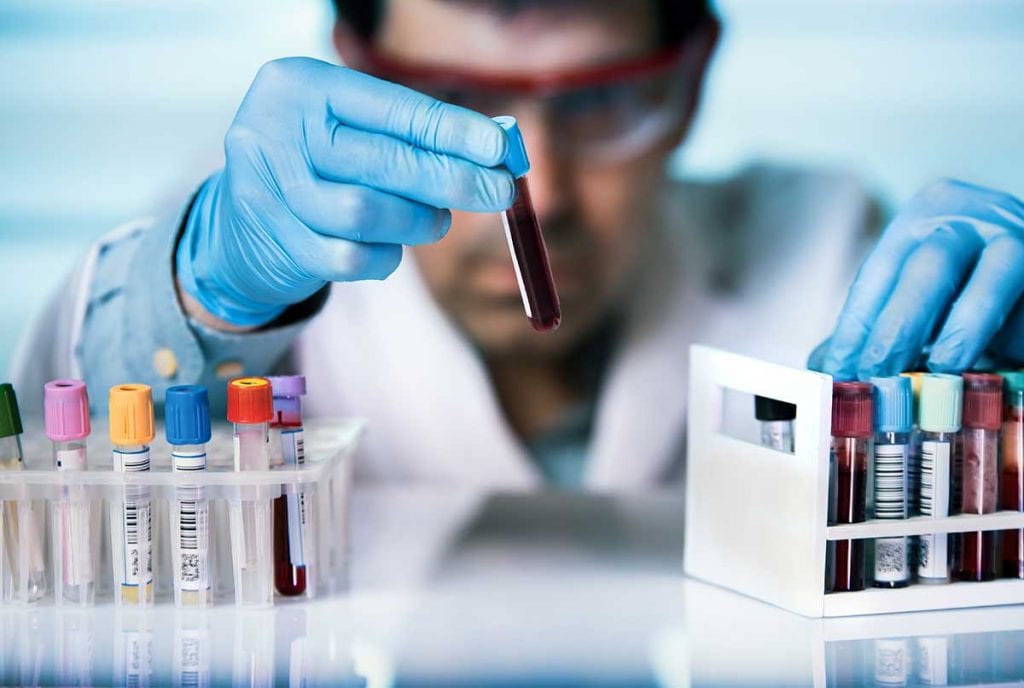Treatment for HER2-Positive Breast Cancer
Learn about the latest HER2-positive breast cancer treatments, including targeted therapies, monoclonal antibodies, and innovative drug options.

Lots of people may want to know more about soft tissue sarcoma since this type of cancer is rarely found and talked about. However, this type of cancer is also one of the cancers that affects the patient’s lives if they will receive delayed treatment. Hence, we should learn more about this type of cancer as well as observe and take care of ourselves.
Dr. Thanate Dajsadipon, Vejthani’s Oncologist mentioned that soft tissue sarcoma is a cancer that occurs in various locations of soft tissue under the skin, such as fat, muscle, blood vessel, nerve, etc. However, the diagnosis and treatment for each soft tissue sarcoma is different. Soft tissue sarcoma can be found in every age group, but it rarely occurs. According to the statistics, there will only be 3 out of 100,000 people or 0.003% of people will have soft tissue sarcoma. People who have soft tissue sarcoma will have bumps on various parts of the body such as the arm, leg, or anywhere in the body. The bump is non-movable and its size is increasing slowly day by day. It could be painful in some cases, and if it is an ulcer, it will turn out to be a chronic ulcer. However, the cause of soft tissue sarcoma is unknown. The following might be the risk factors of soft tissue sarcoma:
There is no evidence supporting the cause of soft tissue sarcoma, but it may have complications such as chronic ulcer which is difficult to cure. However, if the patient receives the treatment in the early stage, it might be curable. The main treatment procedures for soft tissue sarcoma are surgical treatment, and radiotherapy or chemotherapy after the surgery in order to reduce the risk of recurrence. If it is on stage IV (Metastatic cancer), the doctor will consider what kind of treatment procedure that suits the disease. After surgery, the doctor will provide medication treatment as it is a main treatment procedure.
